Australian scientists have developed a new technique that could prevent Artificial Intelligence (AI) systems from learning illegally from images, artworks and other online content.
The technique, developed by Australia's national science agency (CSIRO), subtly alters the content of images to make them unreadable to AI models while remaining unaltered to the human eye, according to a project developed by CSIRO in collaboration with Australia's Cybersecurity Cooperative Research Centre (CSCRC) and the University of Chicago.
The authors say the breakthrough could help artists, organizations, and social media users protect their work and personal data from being used to train AI systems or create deepfakes – highly realistic fake videos , images, or audio created by AI. For example, users could automatically apply a protective layer to images before posting, preventing AI from learning facial features to create deepfakes.
Similarly, defense organizations might protect sensitive satellite imagery or data about cyber threats.
According to Dr. Derui Wang, a scientist at CSIRO, this method uses a strong mathematical foundation to ensure that AI models cannot learn from that content, or in other words, this technique makes the data "unlearnable" to AI to a degree that protects privacy and copyright, while still retaining its usefulness to humans.
This protection remains in effect even if the AI tries to adapt or is retrained, he added.
Dr. Wang said the technique could be applied automatically at scale. He said a social media platform or website could embed this protective layer into all uploaded images. This could limit the proliferation of deepfakes, reduce intellectual property theft, and help users maintain control of their content.
While the method is currently only applicable to images, the researchers plan to expand it to text, music , and video. The technology is still in the theoretical stage and has only been shown to work effectively in a lab setting.
The above scientific work, titled “Provably Unlearnable Data Examples”, was awarded the Outstanding Research Award at the 2025 Network and Distributed Systems Security Symposium (NDSS)./.
Source: https://www.vietnamplus.vn/ky-thuat-moi-giup-ngan-chan-ai-hoc-hoi-tu-du-lieu-khong-duoc-phep-post1055216.vnp


![[Photo] General Secretary To Lam chairs the meeting of the Central Steering Committee on preventing and combating corruption, waste and negativity](https://vphoto.vietnam.vn/thumb/1200x675/vietnam/resource/IMAGE/2025/9/29/fb2a8712315d4213a16322588c57b975)

![[Photo] National Assembly Chairman Tran Thanh Man chairs the 8th Conference of full-time National Assembly deputies](https://vphoto.vietnam.vn/thumb/1200x675/vietnam/resource/IMAGE/2025/9/29/2c21459bc38d44ffaacd679ab9a0477c)
![[Photo] Many streets in Hanoi were flooded due to the effects of storm Bualoi](https://vphoto.vietnam.vn/thumb/1200x675/vietnam/resource/IMAGE/2025/9/29/18b658aa0fa2495c927ade4bbe0096df)
![[Photo] General Secretary To Lam attends the ceremony to celebrate the 80th anniversary of the post and telecommunications sector and the 66th anniversary of the science and technology sector.](https://vphoto.vietnam.vn/thumb/1200x675/vietnam/resource/IMAGE/2025/9/29/8e86b39b8fe44121a2b14a031f4cef46)
![[Photo] General Secretary To Lam receives US Ambassador to Vietnam Marc Knapper](https://vphoto.vietnam.vn/thumb/1200x675/vietnam/resource/IMAGE/2025/9/29/c8fd0761aa184da7814aee57d87c49b3)























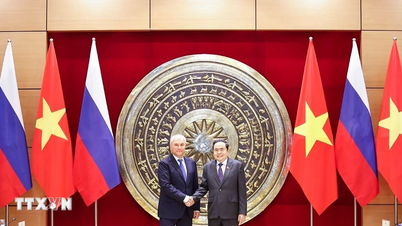

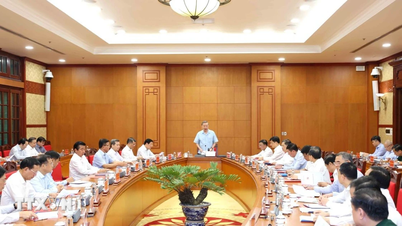













































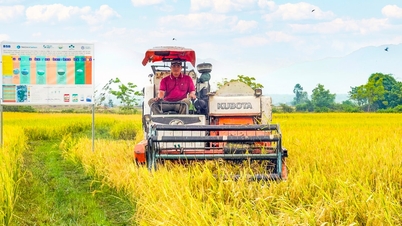

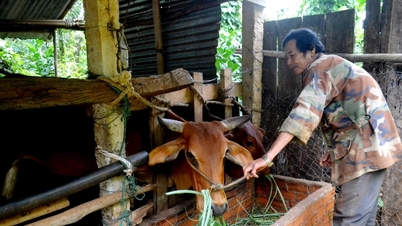
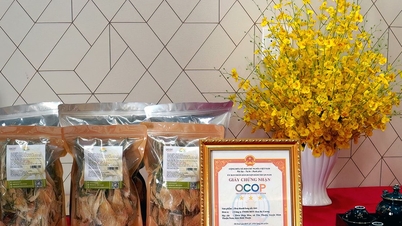

















Comment (0)